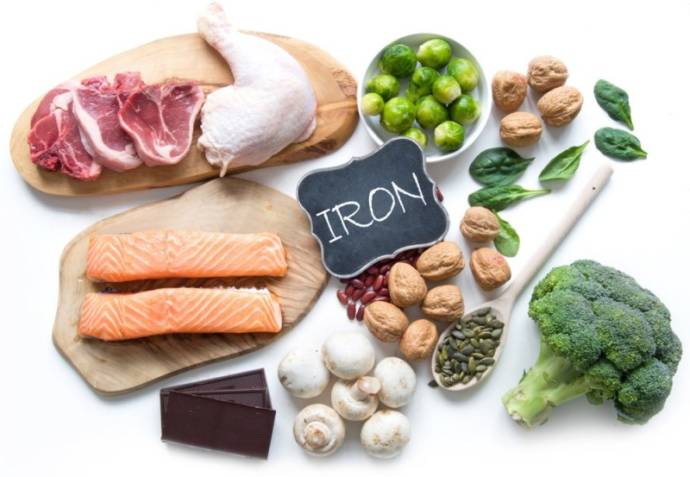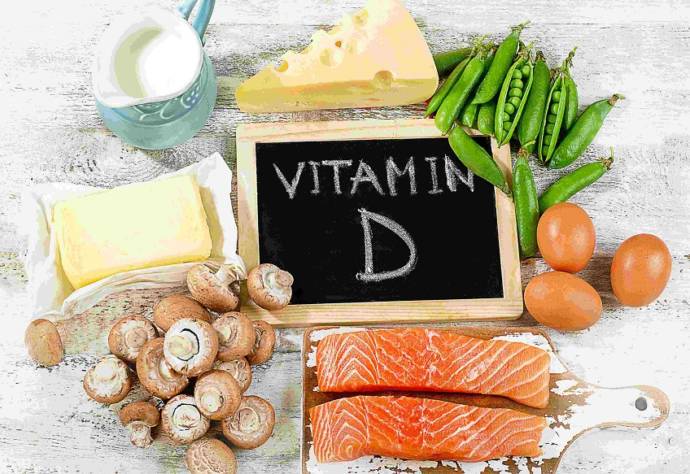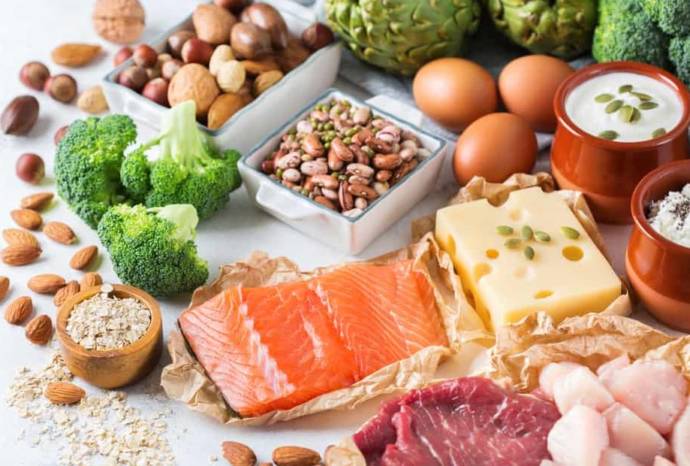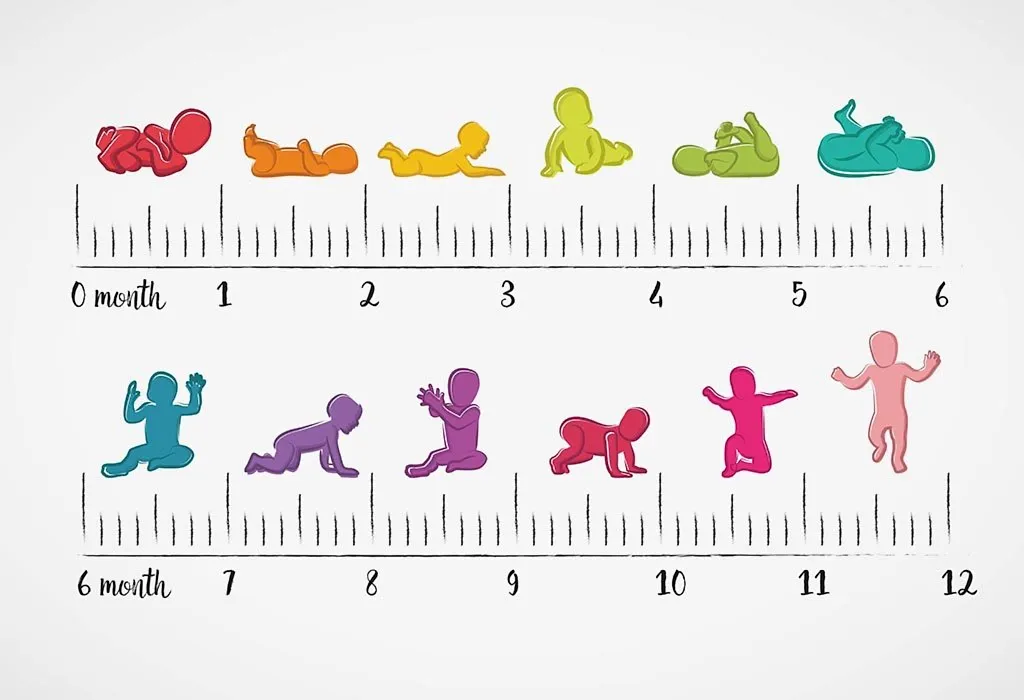Baby food supplements are concentrated sources of nutrients given as a dietary top-up. They contain higher amounts of nutrients than are found in most foods.
They include minerals like iron to help prevent anaemia, and a whole list of vitamins, from A to K.
Do babies need food supplements?
Most babies nourishment from breast milk or formula is just enough from birth to four months.
Sometimes doctors advise for vitamin D supplement for breastfed babies or for those whose intake of formula food is less than 4 bottles of milk per day or 32 ounces per day. As the baby grows diet changes from all liquid to certain solid foods.
Babies who take all varieties of food normally do not need any supplements but supplements are required for premature babies, drinks less milk and does not makeup with other foods, or one that has some chronic problem that prevents her from eating.
If the health of the mother is not good the milk produced may be less or the nutrients may be reduced. Mother’s diet also plays a vital role in the supply of breast milk.
Vegan mother and babies may need an extra effort to get vitamin 12, iron, zinc and omega 3 fatty acids. Doctor may prescribe some food supplements to take care of the deficiency of these nutrients for the baby and mother.
Food supplements and their importance for growing babies
Vitamins and Minerals

Formula-fed babies don’t need additional vitamin and mineral supplements, because formula contains all your baby needs to thrive in most cases.
Breastfed babies generally need vitamin D supplements. Once the baby is 6 months old, the pediatrician may advise to start introducing iron-rich solids or iron supplements
Iron

Growing children from 6 months to 5 year olds are given vitamin drops by the health department.
These drops are supplements for vitamin A, C and D. Overdose of vitamins can be harmful, hence any supplement given to babies must be given under a doctor’s advice.
Vitamin D

Vitamin D occurs naturally in a few foods only. They are found in as oily fish and eggs. It is also added in some breakfast cereals and bread spreads.
The best source of vitamin D is summer sunlight on their skin. It’s important that children still receive vitamin drops, even if they get out in the sun.
All babies and young children from six months to five years of age should take a daily supplement containing vitamin D in the form of vitamin drop. Babies who are fed formula do not need vitamins, only if their intake is less than 500 ml. per day.
If the mother is breastfeeding the baby and has not taken vitamin D during the pregnancy period the doctor may prescribe vitamin D drops for the baby from the first month itself.
Vitamin A

Vitamin A is important for babies and young children. It strengthens their immune system, can help their vision in dim light, and helps in maintaining a healthy skin. Sources of Vitamin A are dairy products, fat spreads, carrots, potatoes, cabbage, spinach and broccoli.
Vitamin C

Vitamin C is important for the s general health of the child and his immune system. It also helps the body absorb iron. Good sources of vitamin C are kiwi fruit, oranges, tomatoes, peppers and strawberries.
Protein supplements

It can be given to growing children. They include egg, soya and protein bars.
Other supplements
This include herbals, probiotics and enzymes which are said to prevent and treat some common diseases and symptoms.
But such things must be avoided for babies and children because a layman cannot understand the disease of a child and the supplements suitable for adults may not be safe for babies and children. Never introduce any new supplement before the pediatrician’s recommendation.
Foods for growing infants
- The most common first food is iron-fortified baby rice cereal that can be started by the time the baby is four months. It is easily digested and there are least chances of allergic reaction.
- Other foods like pureed banana, pears and apples carrots, pumpkins, potatoes, and sweet potato can be started by the sixth month.
- Fluids like the water in which you boil the coconut water, fruit juice, vegetable juice, can be introduced over a period of time.
- Homemade foods are the safest and healthiest.





